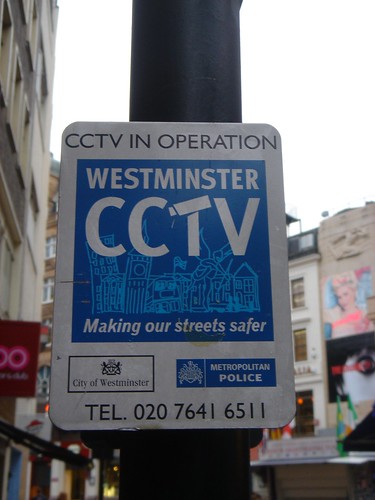Goodbye, Gas Guzzlers? – Washington Post editorial analyses the keys to succesful implementation of US’ Cash for Clunkers” initiative
(Source: Washington Post)
Without higher gas taxes, ‘cash for clunkers’ won’t do the job
CAR SALES in Germany jumped an astonishing 40 percent in March, thanks in large part to a “cash for clunkers” program in which the government gave those handing over old-model cars roughly $5,000 toward the purchase of newer, more fuel-efficient vehicles. Lawmakers in the United States have crafted similar proposals, hoping both to provide a boost to the U.S. auto industry and to spur sales of environmentally friendlier cars. But even the best of these proposals is not likely to provide the punch of the German initiative.

A bill co-sponsored by Sens. Dianne Feinstein (D-Calif.), Charles E. Schumer (D-N.Y.) and Susan Collins (R-Maine) offers the most sensible approach. Buyers are eligible for vouchers worth $2,500 to $4,500 toward the purchase of a new car if they turn in older vehicles that get less than 18 miles to the gallon. The older vehicles would be junked and turned into scrap. The new car must have a sticker price of less than $45,000 and surpass fuel economy standards by 25 percent. Buyers may also apply the vouchers to fuel-efficient used cars manufactured after 2003. Vouchers could also be used for participating in public transportation programs. A similar proposal in the House provides credits only for vehicles made or assembled in North America; such a provision is problematic because it could violate free-trade agreements.
Click here to read the entire article (free regn. required).
Note: Below is a list of articles on this issue, previously published on TransportGooru. This compilation of articles offer an insight into state of various “Cash for Clunkers” style programs implemented (or currently being debated) across the globe (Germany, UK, etc,). Stay plugged in to TransportGooru for more on this topic in the days to come.
Consumer Assistance to Recycle and Save (CARS) Act revives “Cash for Clunkers” scrapping plan in U.S
Germany plans to extend Abwrackprämie aka “Environmental Bonus”
The bickering starts over the implementation of the Cash for Clunkers legislation
Obama Favors “Cash for Clunkers”
Britain mulls implementation of “Cash for Clunkers” scheme to boost ailing auto sales
Where the US stands in pushing “Cash for Clunkers”- Four bills in Congress; Details Needed







